Seven things we get wrong about sleep and how to fix them
There are some healthy habits you should put into practice for a restful night’s sleep

There is no shortage of tips for getting a good night’s sleep, from using CBD tinctures to ditching tech in the bedroom. We’re obsessed, and for good reason — sleep is the bedrock (pun intended) of our physical and mental health. It affects our immune systems, how we look and how much stress we can handle. But what do we actually know about it — and which advice is worth listening to? These are seven lessons to sleep on.
1. Sleep deprivation isn’t always bad for you
Good news for all new parents: there is an upside to surviving on a few hours’ sleep — though only if it’s short-lived. “A single night of sleep deprivation can temporarily increase dopamine, making you feel euphoric, creative or even hyper-focused, which is why some artists and entrepreneurs swear by it,” Romiszewski says. “In fact, sleep deprivation has been used as a temporary mood booster for depression.”
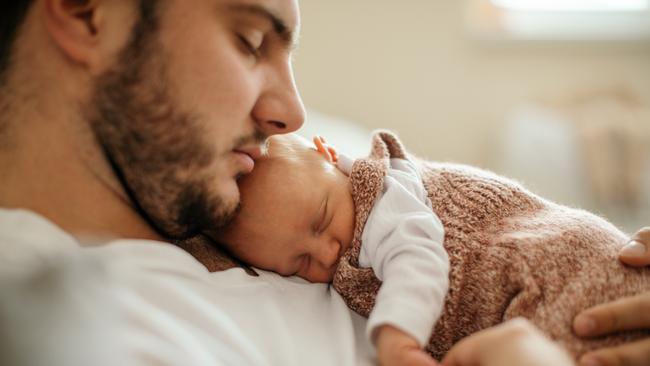
2. Grogginess isn’t a sign you need more sleep
Have you ever woken up feeling rubbish and thought you should hit snooze? Bad idea. It might make you even more tired. “This is just sleep inertia, a natural state of grogginess after waking,” Romiszewski says. “If you go back to sleep you are likely to begin a new sleep cycle and wake up feeling even worse. Instead, get up and get some morning light. That grogginess will fade naturally.”
3. Separate rooms doesn’t mean you’ll sleep better
Many couples swear by sleeping in separate rooms (aka a “sleep divorce”). “Research suggests men actually sleep better with a partner,” says Dr Sophie Bostock, founder of the Sleep Scientist website. “But for women it’s easier to sleep when you don’t have to cope with the noise and heat of another body.” Plus, most snorers are men.
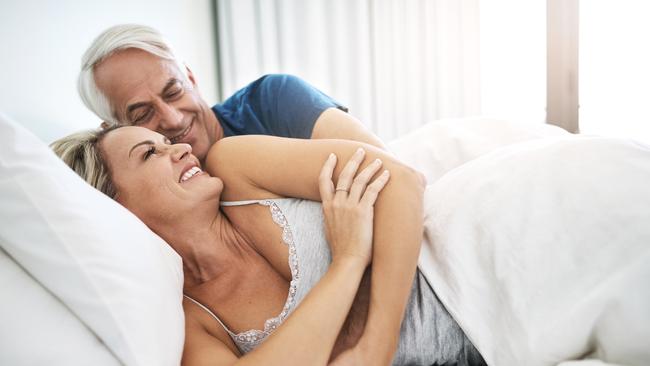
For women, hormonal changes in temperature throughout your cycle can also wreak havoc on your sleep. “I often suggest having separate duvets,” Wilson says. “This helps you to better regulate your temperature, which is helpful if you are menstruating or going through the menopause.”
4. It’s not your bedtime routine that really matters — it’s your morning one
Having a set bedtime matters much less than when you set your alarm in the morning. “Another common cause of poor sleep is irregular wake times,” Romiszewski says. “Morning habits, such as consistent wake-up times and morning light exposure, are far more impactful.” This is because it influences your two sleep mechanisms: sleep drive — the pressure to sleep that builds in the body as the day goes on — and circadian rhythm, aka our body clock. This is why having a long lie-in at the weekend can derail the next week’s sleep, as you aren’t as tired on Monday evening.
Consistency is key. “Chances are you can’t go to bed at the same time every night,” Wilson says. “But if you can wake up at the same time every day, you’ll fall asleep easier. You’re better off having six hours every night at roughly the same time rather than sleeping for longer at the weekend.”
5. Don’t overthink it
Gen Z champion new sleep tips on TikTok every few months. Recent ones include taping your mouth shut and using a red lightbulb to accelerate the production of the sleepy hormone, melatonin. None of this is helping us to sleep better.
“When I started my practice a decade ago, the bulk of my clients used to come to me with what we would think of as traditional insomnia,” says James Wilson, a sleep coach who calls himself the Sleep Geek. “Today I spend a lot of my time trying to unpick what I call ‘sleep bollocks’ — debunking these ‘hacks’ that claim to make you sleep better.” Stephanie Romiszewski, a sleep physiologist and the founder of Sleepyhead Clinic in Exeter, agrees. “The more ritualistic we become, the worse our sleep anxiety gets. If you believe you must have a weighted blanket, a lavender mist and the right soundscape to drift off, you’re training your brain to think sleep is fragile and complicated. Good sleepers don’t obsess over sleep — they let it happen.”
6. And probably don’t track it
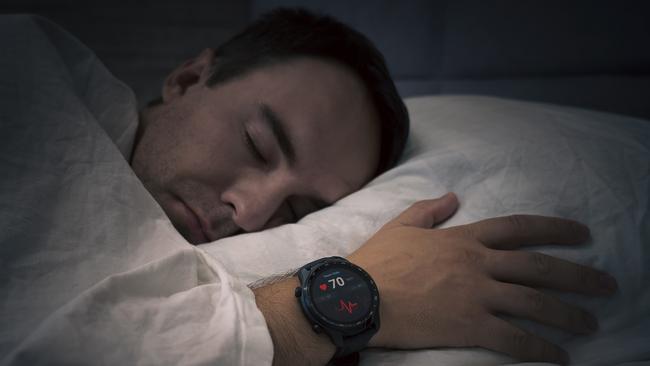
Whether you wear an Apple watch or an Oura ring, developing an obsession with your sleep score can have a negative impact. “Trackers fuel anxiety by making people feel that their sleep must be ‘perfect’ every night,” Romiszewski says.
“This leads to orthosomnia, a condition where worrying about sleep quality actually causes insomnia. People wake up, check their tracker and if it tells them they’ve had bad sleep, they suddenly feel more tired, whether they actually are or not.”
7. But your mattress is the one thing you really should invest in
Rather than forking out on expensive sleep tech, look at your bed first. “If sleep is the foundation of our health, your mattress, pillows and duvet are the foundation of your sleep,” Wilson says. “It’s the first thing I’ll look at with a client — there’s no point doing a meditation before bed with an app if you are getting a stiff neck from your pillow or you are too hot from your duvet, and that’s why you aren’t sleeping properly.”
The Times


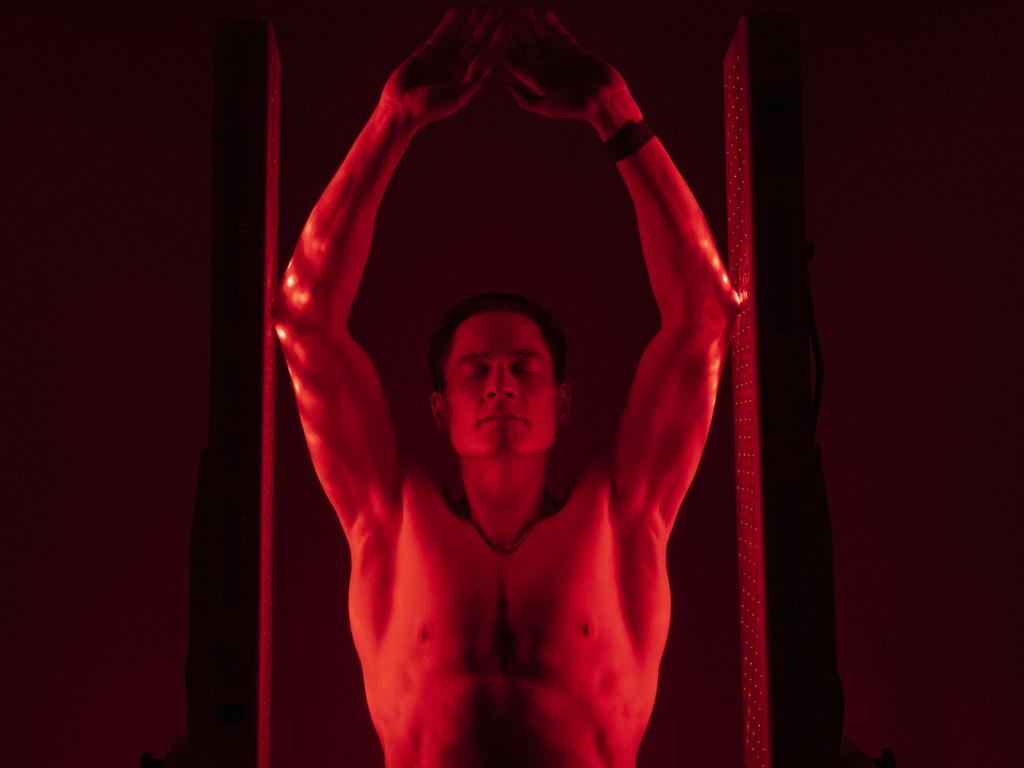
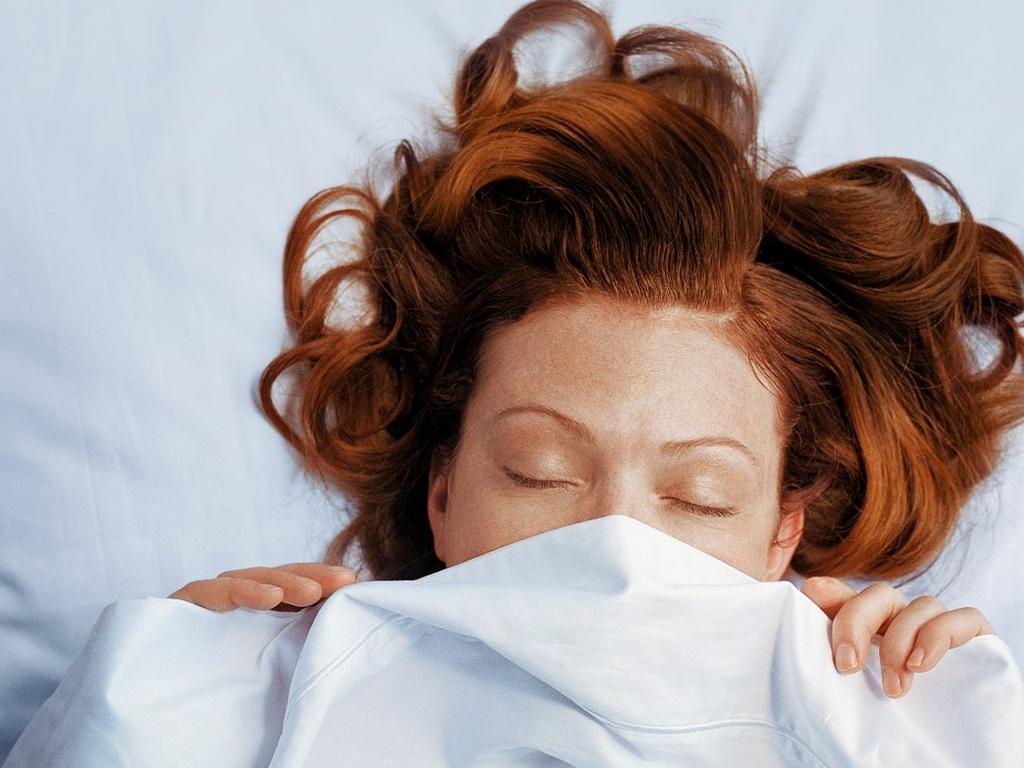

To join the conversation, please log in. Don't have an account? Register
Join the conversation, you are commenting as Logout